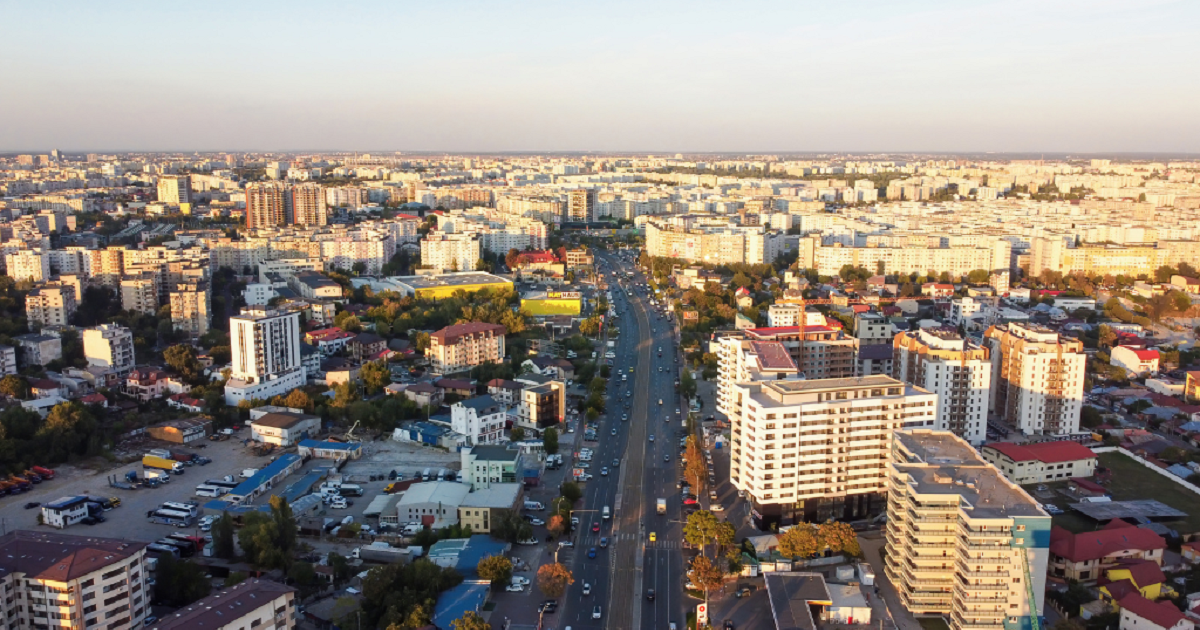The word “gentrification” is an anglicism that comes from the word gentry, which refers to the British high bourgeoisie. From early studies of it, Glass expressed concern about the forced displacement of the popular classes for those newcomers from upper classes. The Urban Displacement Project, a joint initiative of the University of California (United States) and the University of Toronto (Canada) describes gentrification as a process that brings with it economic, demographic, educational, and racial changes.

We understand that it is not new for citizens with high purchasing power to discover the potential of areas of the city previously occupied by popular classes, but then, Why do we hear more and more talk about gentrification?
With the remote work boom, thousands of workers are seeking convenient destinations to base themselves, and live in cities with a low cost of living For those with a dollarized salary, it positively enhances their lifestyle. A few weeks ago we talked about how Buenos Aires became the favorite city for digital nomads, and that is that according to the Nomad List platform, at least 11,600 professionals work remotely in the city, due to how cheap it is for them.
The rise of temporary and dollarized rental platforms means for locals a deficit of properties available to be rented in the long term, in local currency and at an achievable price for an average income. As rental costs and basic inputs skyrocket, people who used to inhabit areas now filled with vacant homes waiting to be temporarily rented out find themselves forced to move to other neighborhoods of the city or to the outskirts.

The UN explains that gentrification happens when there is a urban renewal and reconstruction process which is accompanied by a flow of middle or upper class people that tends to displace the poorest inhabitants of the intervention areas. Although the UN recognizes that the concept is controversial in the field of urban studies, it considers that can be used for the benefit of the city if carefully structured programs are adopted, such as:

– Redistributive economic policies in which the resources generated by gentrification can be used to promote the regeneration and development of other areas of the cities.
– Retain existing population by improving their housing, and with carefully structured social programs for traditional income-generating activities that they keep under control and properly channel conscious planning efforts.
– Promote small business through microcredit, provide new community services, restore dilapidated housing, and improve existing public spaces through physical interventions and increased social interaction and street life.
Gentrification can cause a community the ploss of their cultural identity and being the reason for the increase in inequalities, and, at the same time, bring a much-needed investment into long-neglected areas. Gentrification is, as the UN says, a controversial concept, but seeing the positive consequences of it requires regulations and planning.
